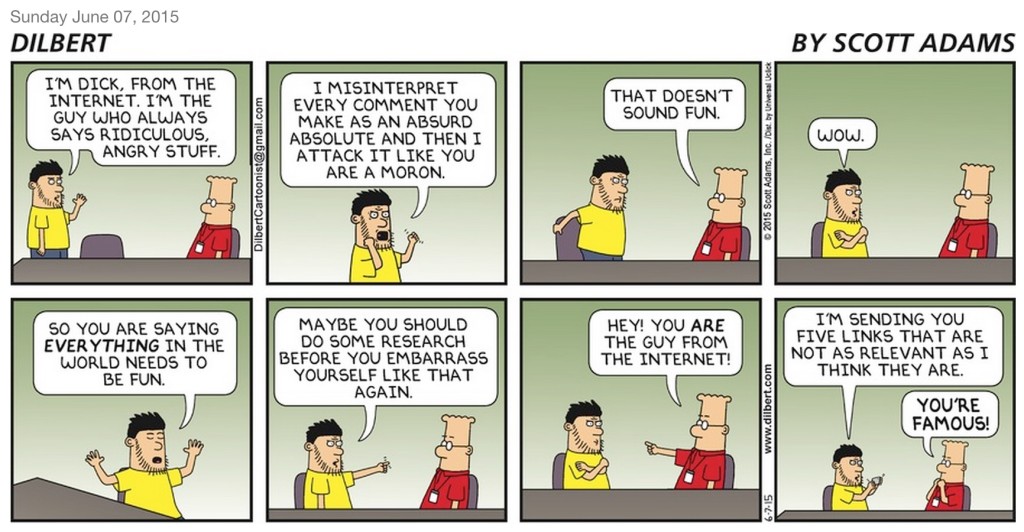My blog clean-up project (ongoing) reminded me of these early-web influencers (for me). Some of these folks are still around but most are no longer the “stars” they were in the early days. Link to my posts below. (Descriptions by GPT 4o)
Visionaries, Theorists, and Futurists
- Bruce Sterling – A science fiction writer and cyberpunk pioneer who explored the social and cultural implications of digital technology.
- Clay Shirky – An influential thinker on Internet culture, crowdsourcing, and the power of decentralized networks.
- Douglas Coupland – Coined “Generation X” and explored the cultural impact of digital technology in novels and essays.
- Douglas Rushkoff – A media theorist who wrote about cyberculture, the social effects of technology, and digital optimism.
- Kevin Kelly – Founding editor of Wired and a deep thinker on how technology shapes society and the future.
Journalists and Media Analysts
- Dan Gillmor – A pioneer in citizen journalism, advocating for the participatory nature of news in the digital era.
- Jeff Jarvis – A media critic who has been vocal about how the Internet disrupts traditional journalism.
- Steven Levy – A tech journalist who chronicled the history of computing and the rise of the digital age.
- Steve Outing – An early advocate for online news, exploring how journalism adapted to the Internet.
- Terry Heaton – A television executive who recognized the shift from traditional media to digital platforms.
Tech Pioneers and Web Innovators
- Chris Pirillo – Founder of Lockergnome, one of the earliest online tech communities, helping people understand software and the web.
- Dave Winer – A key figure in the development of blogging, RSS feeds, and podcasting technology.
- David Weinberger – Co-author of The Cluetrain Manifesto, which framed how businesses should adapt to the Internet age.
- Doc Searls – Another Cluetrain Manifesto author, emphasizing user empowerment and open-source principles.
- Jakob Nielsen – The godfather of web usability, setting foundational principles for user-friendly web design.
Marketing and Culture Shapers
- Halley Suitt – A prominent blogger and voice in the early blogosphere.
- Hugh MacLeod – Known for his “gapingvoid” cartoons and commentary on creativity and business.
- Mark Ramsey – A key voice in digital radio and podcasting strategy.
- Scott Adams – Creator of Dilbert, which captured the absurdities of tech and office culture.
- Seth Godin – A marketing guru who popularized permission-based marketing and how digital culture changes business.
Entrepreneurs and Digital Business Minds
- Mark Cuban – Made his fortune selling Broadcast.com to Yahoo, later becoming a major figure in sports and media streaming.
- Nikol Lohr – Less widely known, but active in early online DIY culture and communities.


